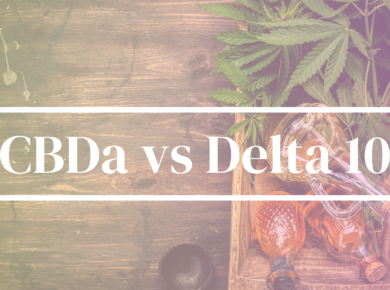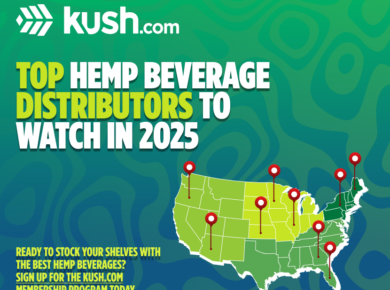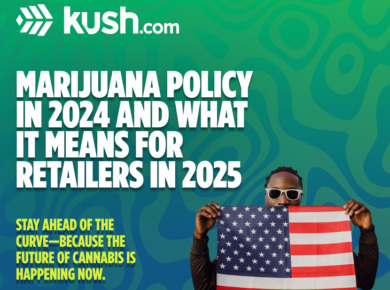Cannabidiol, or CBD has been rising in the public eye for many years now, and rose to prominence at a federal level last December when the 2018 Farm Bill was signed into law, essentially legalizing CBD derived from industrial hemp. This created waves among the medical cannabis and hemp industry, as it opens up the possibility an entirely new market for legal CBD-infused products.
Under the new law, the Food and Drug Administration (FDA) are tasked with overseeing and implementing the regulations surrounding the production, use, and distribution of CBD. However, all forward momentum on the exciting development took a drastic turn when the commissioner of the FDA, Scott Gottlieb, abruptly announced his departure from the organization in March of 2019. His resignation leaves the potentially billion dollar industry hanging in limbo, and without an immediate successor, the fate of hemp-derived CBD lies in the hands of FDA authorities.
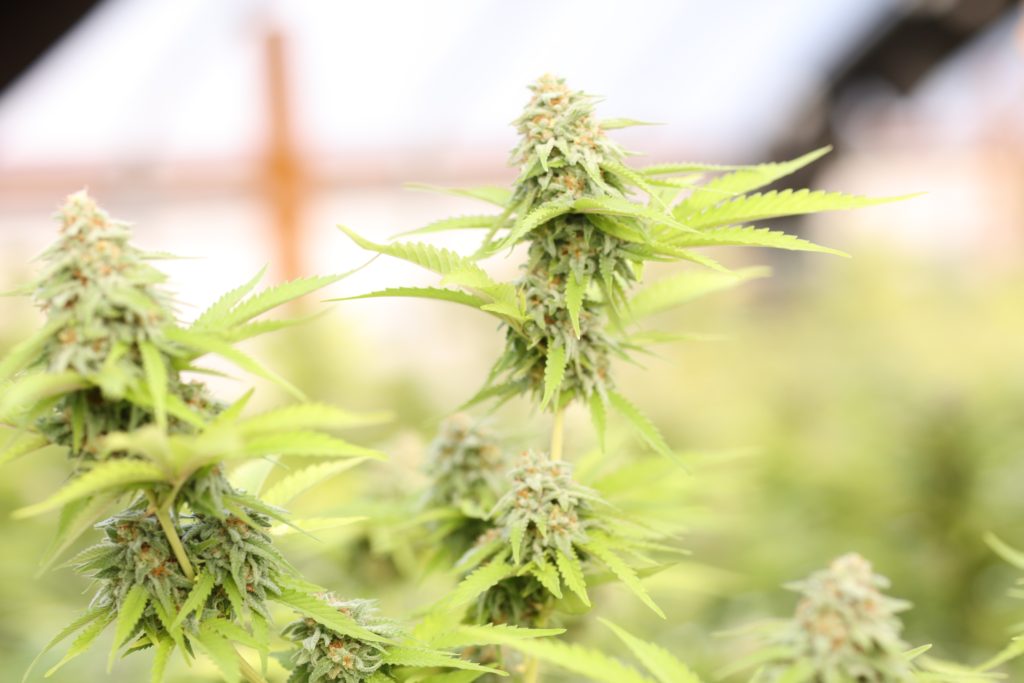
After the ruling, the FDA released a statement with information regarding the rules and regulations behind the legalization of CBD, which offered several upcoming developments. First, the press release advised the public to refer to their previous Question and Answer sheet on the FDA and Marijuana for immediate guidance. This FAQ from the FDA excludes CBD from the definition of dietary supplements, and concludes that it is “a prohibited act to introduce or deliver for introduction into interstate commerce any food in which CBD or THC has been added.”
The official FDA statement notes that they are currently seeking to create pathways for companies to seek approval from the FDA for products that contain cannabis or CBD and claim to have therapeutic benefits. The most obvious example (and one of the very few examples available) is the FDA’s approval of the cannabis-derived CBD spray Epidiolex, a medicine to treat epilepsy and seizure disorders. Another notable example is hemp seed-derived products, such as hemp seed oil, as the seeds only contain trace amounts of CBD and THC and have been approved by the FDA as “generally recognized as safe,” or GRAS, even for the addition to food products.
The statement also discloses the intent of the FDA to hold a public meeting in the near future to receive input for stakeholders and interested citizens to help guide the regulatory strategy and continue evaluating the process to advance the legalization of hemp-derived CBD. In February, a letter was penned and signed by twelve different House lawmakers, including Rep. Chellie Pingree (D-ME), who led the charge, and requested a formal response by February 22nd, 2019. On February 27th, Scott Gottlieb responded to the House Appropriations Committee that the FDA was planning a series of public meetings to begin in April. “We’re deeply focused on this. We have taken on other hard challenges before,” he told the committee. “You have my commitment I’m focused on this one.”
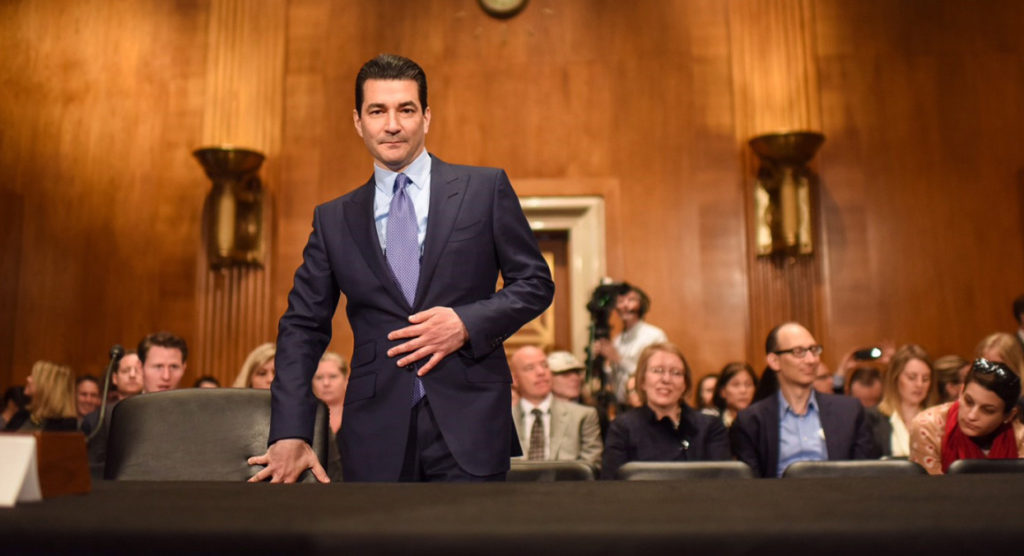
Less than a week later, he announced his resignation as the Commissioner of the Food and Drug Administration.
Gottlieb had already made some basic outlines for guidance on regulating hemp-derived CBD. He suggested that “CBD could potentially exist in a high concentration, pure formulation as a pharmaceutical product”. Lower concentrations could potentially be categorized as food products. As of yet, there are no plans to cancel the meetings, but the meetings have also not been officially scheduled. With Gottlieb leaving his role behind, there is no one currently in line to take over. CBD could be legalized for use within the year, or could be banned outright. It all depends on who is appointed to the FDA, but in the meantime, the future of CBD remains in a state of uncertainty.
